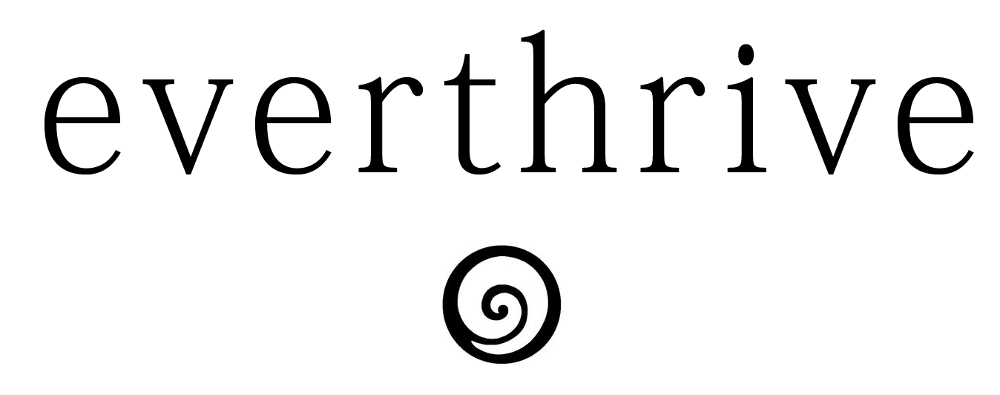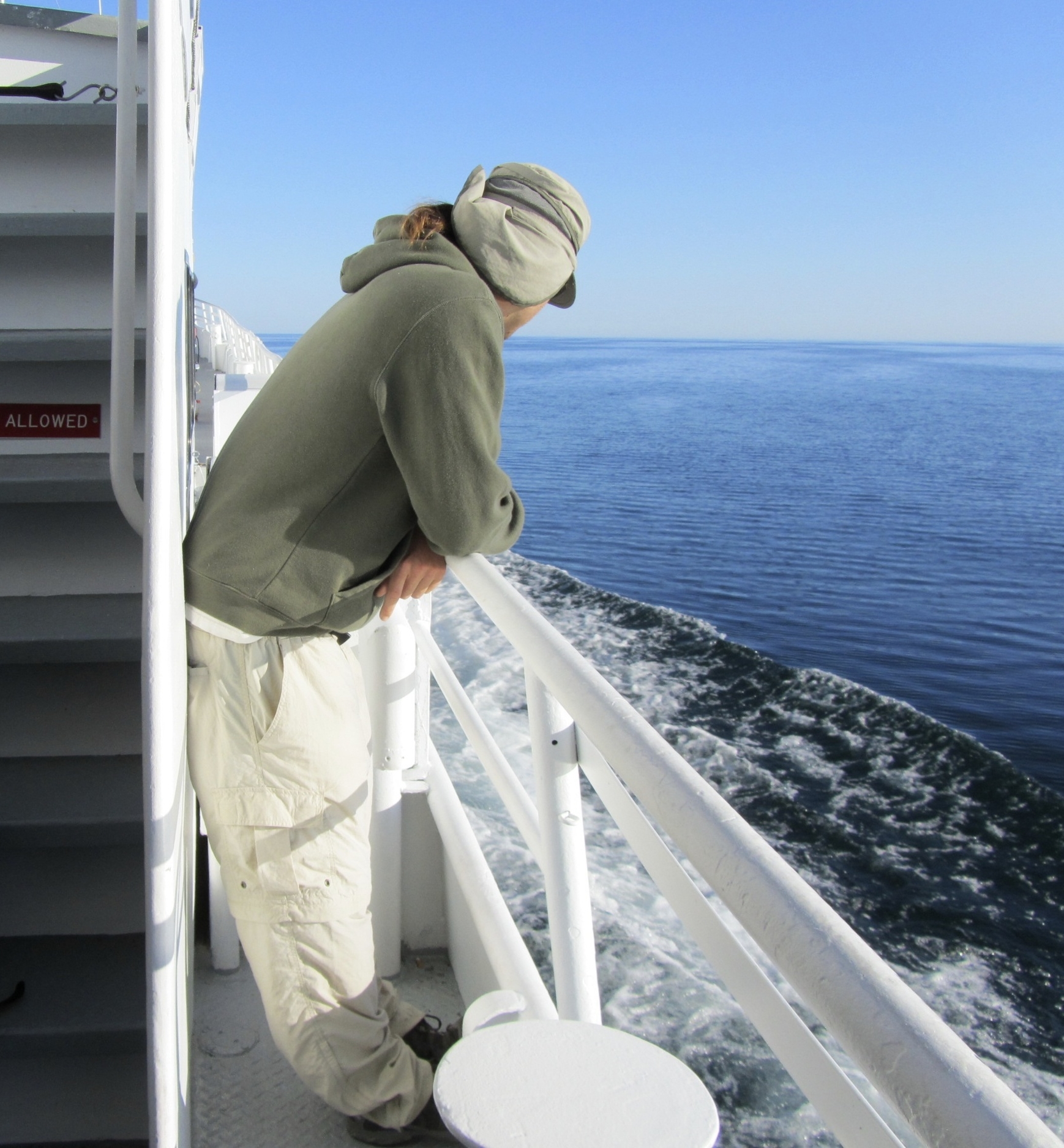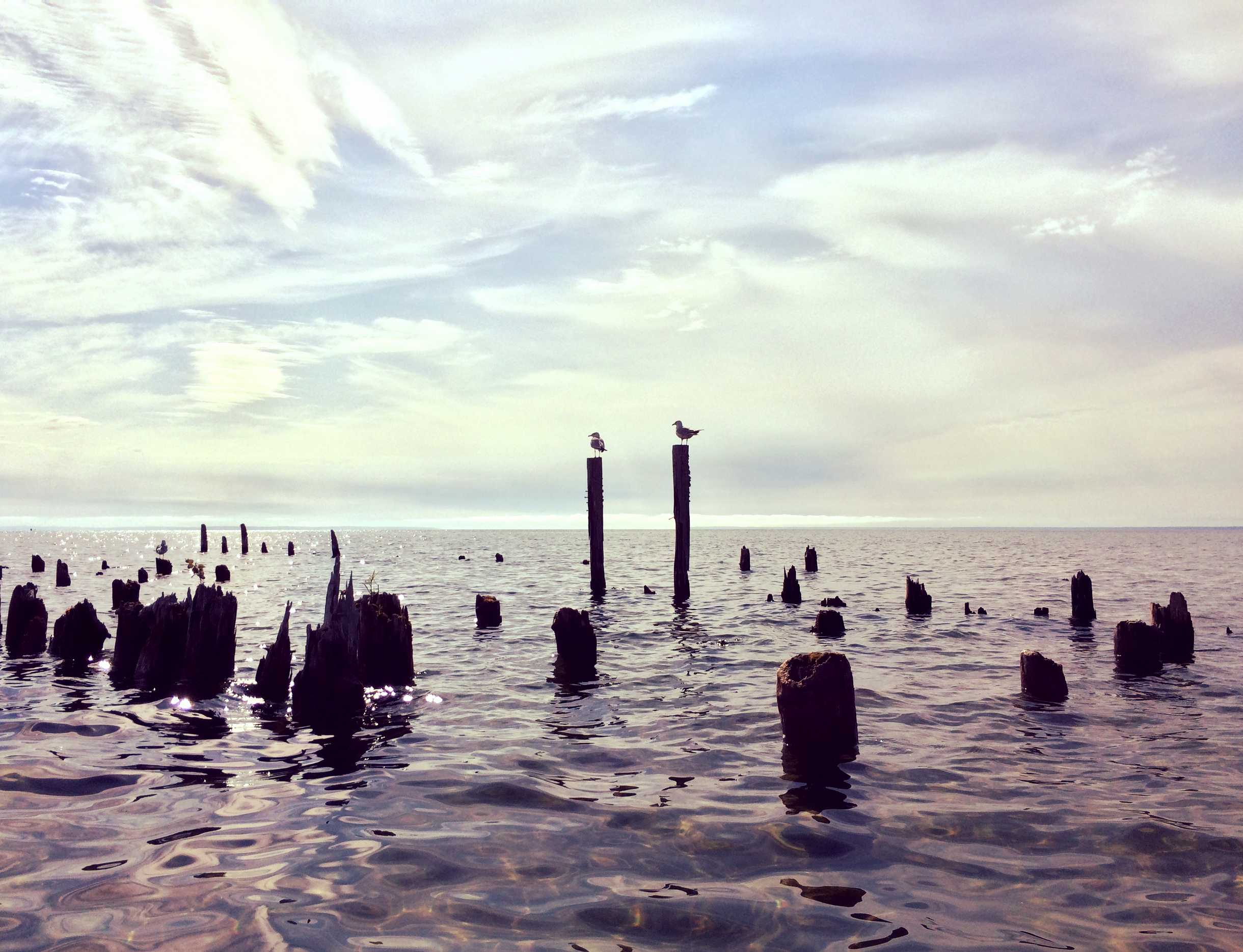Stop Overthinking
"The more you overthink, the less you will understand."
-Habeeb Akande
“I'm tired of being inside my head. I want to live out here, with you.” - Colleen McCarthy. Photo taken outside of Detroit, MI, 2014.
Over the course of my life, I’ve spent a lot of time overthinking.
Trapped in that never-ending "what-if" loop, I'd stress about how intruders might access my apartment. What if I left the candle burning at home? Will the hissing radiator explode while I'm at work? What if I made the wrong impression at dinner last night? What if I talked too much, or too little? Sometimes I'd feel for my wallet or keys three times in the course of a train commute. It made my heart palpitate a little less.
I'd often ruminate on nonexistent symptoms. What if I had a terminal illness? I'd self-diagnose a skin anomaly on Web MD until concluding that I must immediately seek a specialist. I'd visualize my death, create my will, divide up possessions among family members, and my plan my ashes to be scattered at sea, despite a propensity for seasickness. In this real-life scenario, circa 2007, I actually did consult a specialist who, after a physical evaluation, told me there was absolutely nothing wrong with me, and that I was worrying too much. At that moment, I didn't feel relieved. Instead, I felt like an idiot.
I thought it was a normal part of life to decipher codes and hidden meanings everywhere. Doesn't every intelligent person do this?
Actually, no.
At the times where my worrying reached its peak, I wasn't happy with my life. My unhappiness was caused by fear, which in turn revealed overwhelming, incessant worrying. I was afraid of being alone, afraid of failing, and afraid of my future.
Through analyzing my own experience, others' experiences, and through research, I've learned that overthinking is a symptom of the distressed and isolated. I've learned that fear can lead to social anxiety, and sometimes even avoidance of social activities altogether.
People who are afraid of social interaction have a tendency to self-medicate through various outlets, such as shopping, spending hours on Netflix, social media, or abusing substances or food. These distractions may help for a bit, but ultimately they mask our fear, helping it fester deep within our minds, until it explodes when we least expect it, destroying relationships and our health.
When we feel that life is in disorder, we devote too much time to the negative. In fear, we overthink things, and we cling to solutions to the wrong problems. We dwell on things that didn't go well, and constantly think up worst case scenarios. Often, it’s a general lack of confidence that causes us to worry, or perhaps its that we feel that worrying will protect us from harm.
Yes, back in caveman times when we were hunters and gatherers, stress did actually protect us from harm, as in death via saber-toothed tiger. Fast-forward to present day, we still get the same stress signals, but from benign sources that aren't life threatening.
Now, at the prospect of failing, let's say, the written portion of the driver's test at the DMV, our hearts pump three times their normal speed, sending more blood to our limbs. Capillaries close down, sending our blood pressure up, so that we can theoretically "sustain a surface wound and not bleed to death. Even our eyes dilate so that we can see better" (Stress Stop 2009). Our bodies and minds have trouble telling the difference between an encounter with a saber tooth tiger and a multiple-choice test.
There are ways we can help our bodies and minds acknowledge the difference. To combat overthinking and overreacting, we can practice the following:
1. Notice and appreciate our thoughts - If we take account of the situation, and put it into perspective, we might be able to understand the reasons behind our catastrophic thinking patterns. Some might suggest keeping a journal to chart the frequency of our negative thoughts. Once we pinpoint the reasons, we can take positive action to ameliorate our thinking behaviors.
2. Spend time outside - Nature has a way of soothing us, taking us back to simpler times. All is well when the birds are chirping, the streams are flowing, and animals scamper to and fro. Time spent on trail or camping might increase our confidence to a point where there is no room for worrying.
3. Exercise - Studies show that exercise is very effective at increasing alertness, and enhancing our brain function by releasing natural endorphins, aka pain killers Physical activity can actually trick us into feeling happier, making us actually happier.
4. Socialize - Seek out your friends and loved ones. Talk to them. Make meaningful memories with them. They can help you see past your worries, give you some perspective and alleviate your loneliness.
5. Breathe - Take some time to breathe, in and out, slowly. This naturally reduces your blood pressure and heart rate, calming you down so that you can see clearly.
6. Let go - Know that you can only control what you do, say, or feel. You can't control anything that happens "at" you, and you can't control what other people do. You are in control of yourself, so let all of those worries go! Be grateful for what you have, take action to ensure your immediate safety and comfort, and know that you will be OK.
For more methods to overcome worrying, check out the following related posts -




















